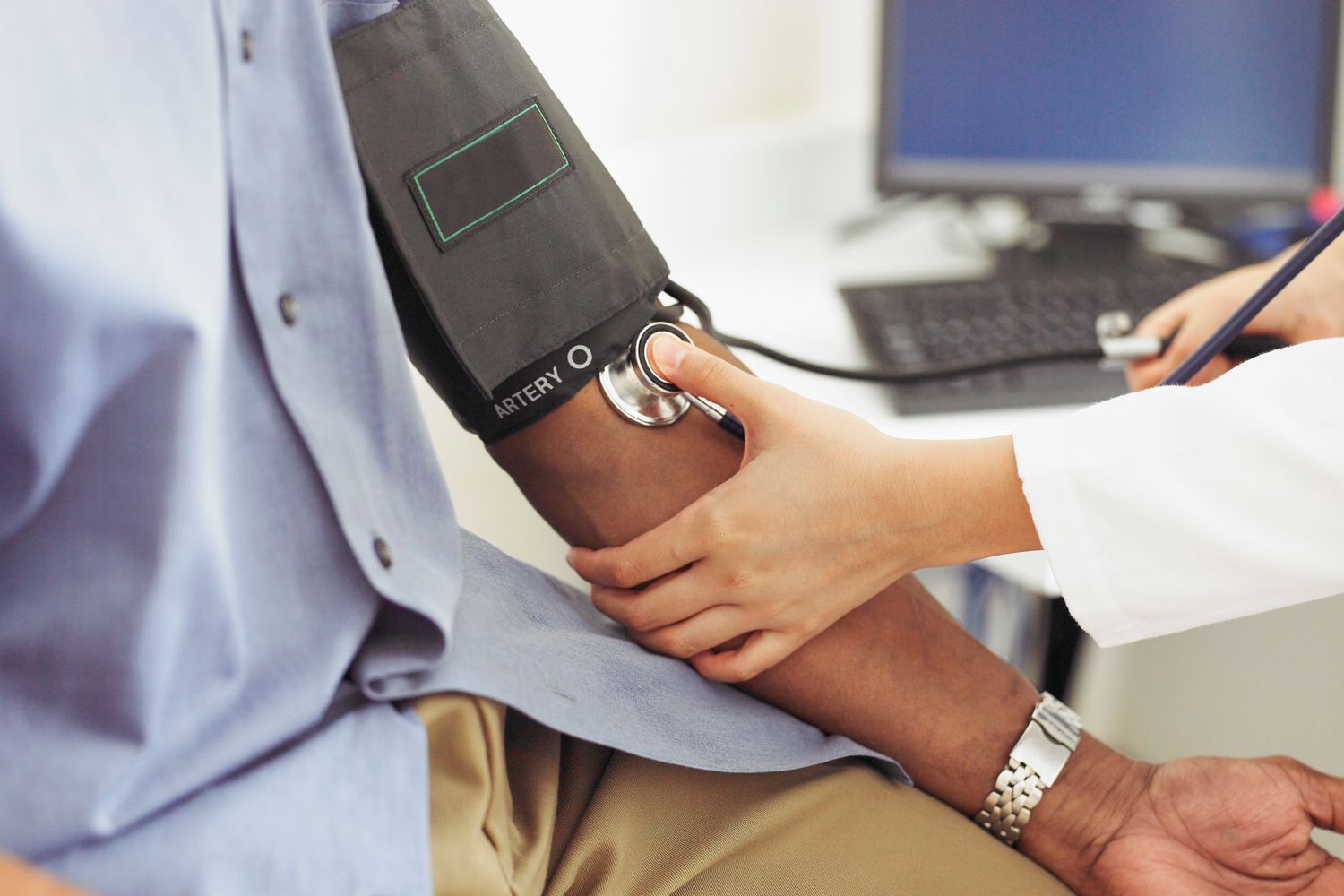Blood
Cutting Salt Intake by 1 Teaspoon Has Same Effect as Taking Blood Pressure Medication, Study Suggests
A new study suggests that cutting your salt intake by 1 teaspoon a day has the same effect as taking medication to lower blood pressure.
In the study, published in the Journal of the American Medical Association, researchers from Vanderbilt University Medical Center, Northwestern Medicine and the University of Alabama examined the salt intake and blood pressure of 213 individuals ages 50 to 75 for three weeks.
For the first week, the researchers measured the participant’s blood pressure while they stayed on their normal diets. The second week they measured it while they were on a high-sodium diet. Then, for the last week, they measured their blood pressure while the individuals were on a low-sodium diet.
After the study concluded, co-principal investigator Norrina Allen, PhD, professor of preventive medicine at the Northwestern University Feinberg School of Medicine, said in a press release that they found 70% to 75% of individuals saw a reduction in their blood pressure, regardless of whether they were already on medication.
“We previously didn’t know if people already on blood pressure medication could lower their blood pressure more by reducing their sodium,” Allen wrote.
“This reinforces the importance of reduction in dietary sodium intake to help control blood pressure, even among individuals taking medication for hypertension,” she added.
In the study, it was also found that participants’ blood pressure dropped the week after they followed the low-sodium diet. She wrote: “It is particularly exciting that the products we used in the low-sodium diet are generally available, so people have a real shot at improving their health through improving their diet in this way.”
During the low-sodium diet, participants cut their salt intake by about 1 teaspoon a day. According to Ashchi Heart & Vascular Center, 1 teaspoon of salt equals 2,300 mg of sodium. On their website, they explain that, on average, Americans eat more than 3,400 milligrams of sodium each day.
“Most middle-aged to elderly individuals consume a diet that is very high in sodium,” said Deepak Gupta, MD, associate professor of Medicine at VUMC and co-principal investigator, said in a statement to Fox News Digital.
He added, “The magnitude of blood pressure reduction with a low-sodium diet was similar across individuals with normal blood pressure, controlled hypertension, untreated hypertension, and uncontrolled hypertension.
According to the Centers for Disease Control, many people need to take medication to keep their blood pressure at healthy levels. High blood pressure can increase a person’s chances of developing heart disease or having a heart attack or stroke.
In August, another study published in the medical journal Hypertension found evidence that alcohol increases systolic blood pressure even among people with no existing hypertension.
Researchers also found that the more alcohol someone drinks, the higher their systolic (SBP) reading becomes and that there is no point at which this relationship stops or changes.
“We found no beneficial effects in adults who drank a low level of alcohol compared to those who did not drink alcohol,” senior study author and professor Marco Vinceti, said in a release by the American Heart Association.

